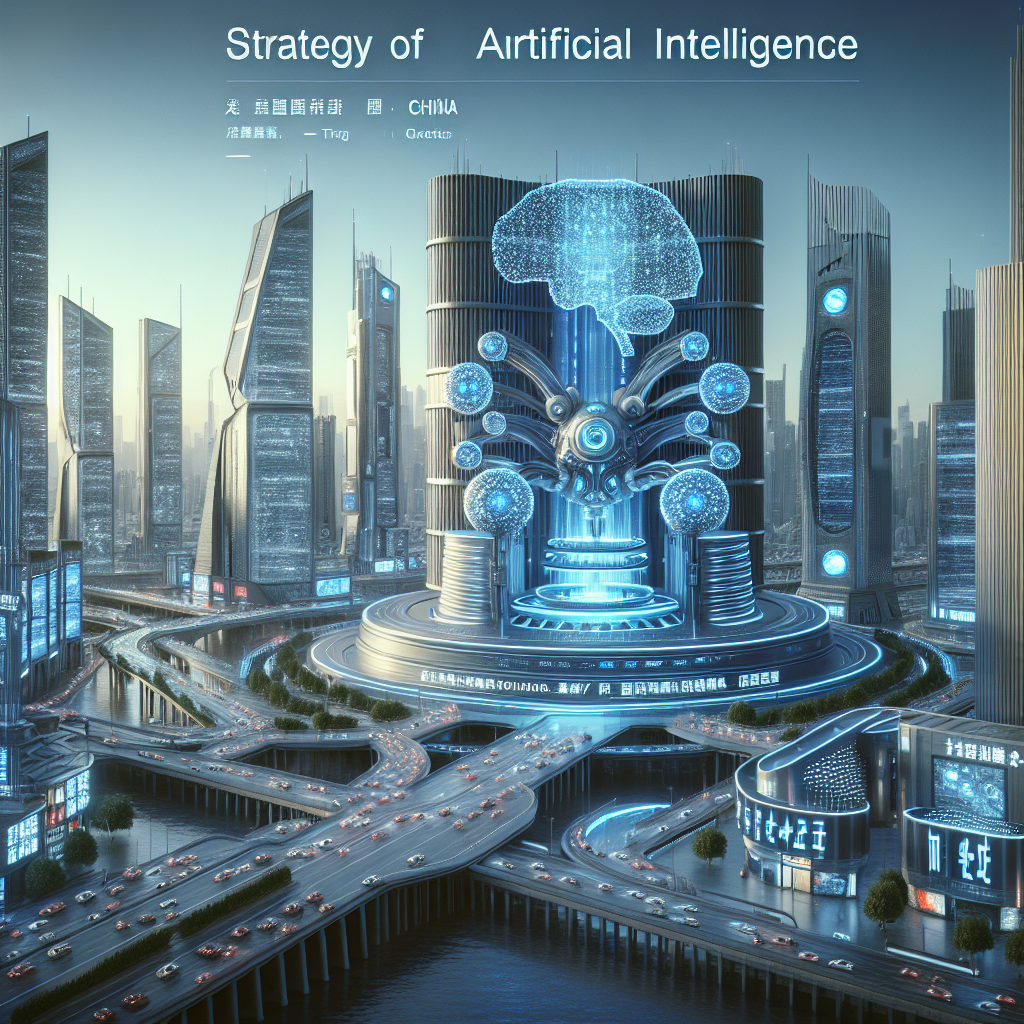The United States is currently channeling extraordinary sums of money—amounting to many billions of dollars—while also consuming staggering quantities of electrical energy, measured in gigawatts, in an urgent and highly competitive attempt to secure an advantage in what is perceived as the next monumental breakthrough in the field of artificial intelligence. This pursuit is not merely an incremental advance in technology, but rather a potentially transformative shift so radical that advocates and enthusiasts describe it as comparable in historical importance to the development of the atomic bomb. They argue that, just as nuclear weapons once redefined the balance of power among nations and forced a fundamental reordering of the global system, this anticipated leap in artificial intelligence could similarly alter the structure of international relations, economic hierarchies, and even the distribution of geopolitical influence worldwide.
While America invests heavily in this high-stakes contest—one framed as a race toward the future of unmatched computational power and machine capability—China is consciously choosing to chart its own distinct course. Instead of competing solely on the terms established by the United States, Beijing is pursuing a strategy that reflects a different set of priorities, approaches, and ambitions. In effect, China is running a parallel race, one defined less by a fixation on dramatic, headline-grabbing technological explosions and more by its own carefully calibrated vision of what artificial intelligence should achieve and how it should be integrated into society, the economy, and statecraft.
Sourse: https://www.wsj.com/tech/ai/china-has-a-different-vision-for-ai-it-might-be-smarter-581f1e44?mod=rss_Technology



